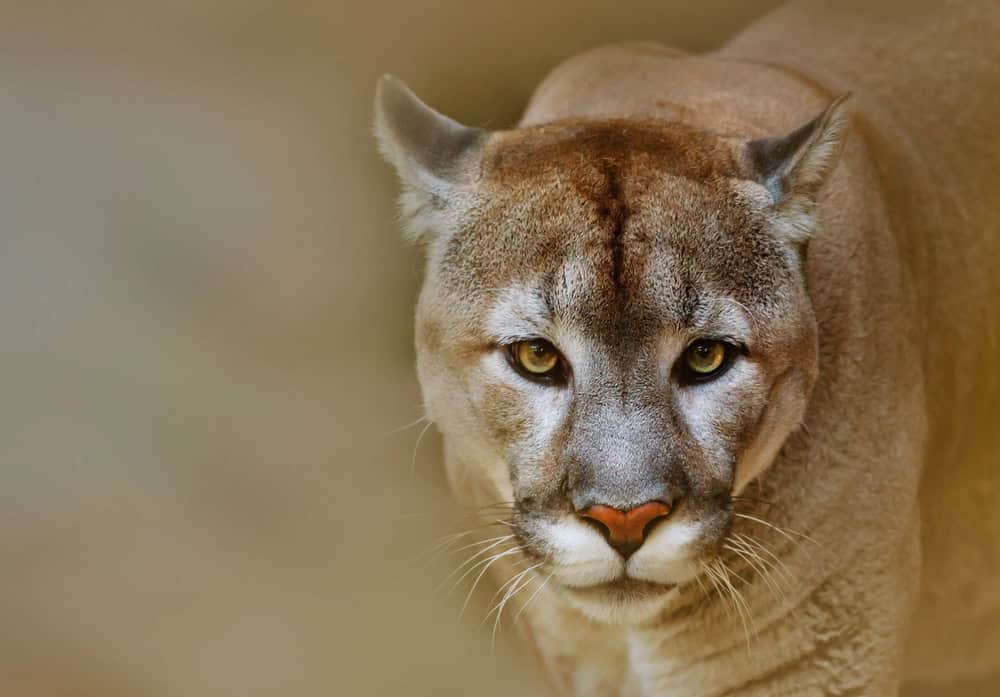Mountain lions, also known as cougars or pumas, are some of the most majestic and enigmatic creatures in North America. Particularly in California, these big cats are symbols of the wild, representing both beauty and mystery. This article delves into the lives of these elusive animals, exploring their habits, habitats, and the challenges they face in the ever-changing landscapes of California.
Understanding the Mountain Lion

Mountain lions (Puma concolor) are large felines that play a crucial role in their ecosystems. Weighing between 64 to 220 pounds, they are characterized by their tawny, muscular bodies and long tails. Despite their impressive size, they are incredibly stealthy, which makes them elusive and difficult to spot in the wild.
Habitat: Home of the Puma
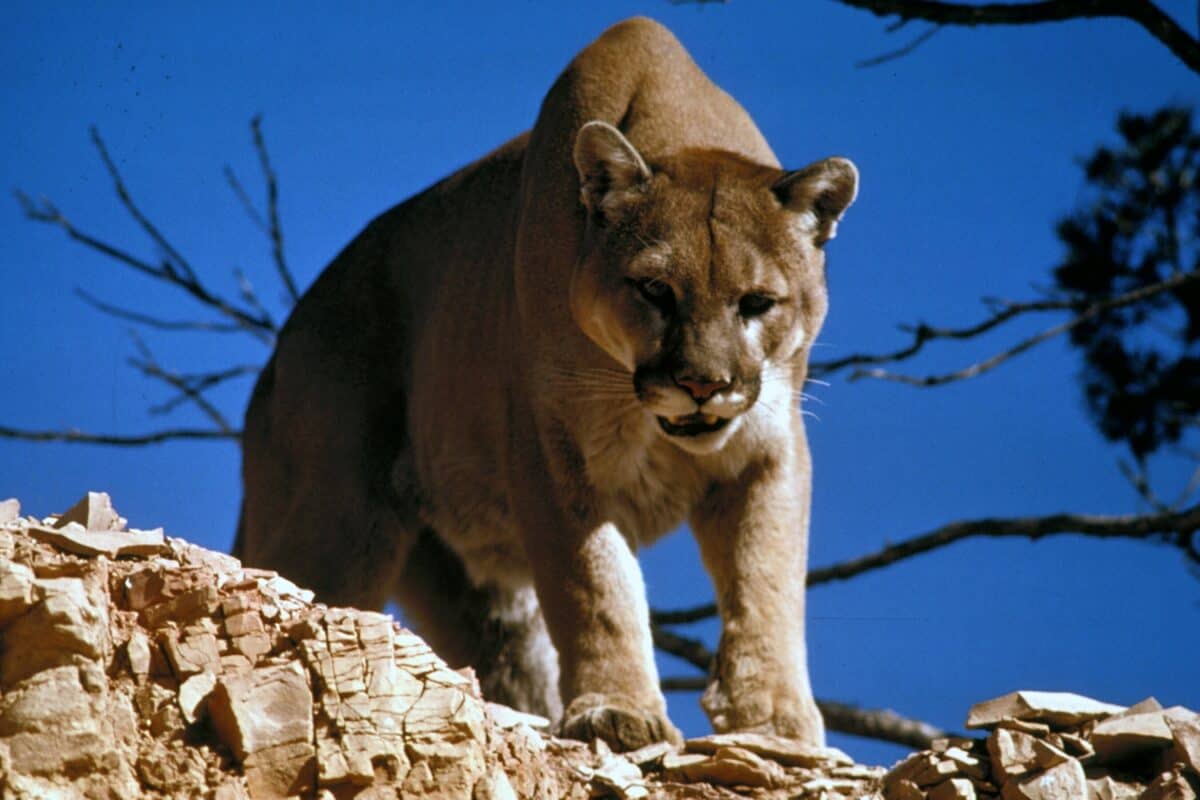
These solitary cats can be found throughout California, inhabiting diverse landscapes ranging from coastal forests and mountains to deserts and grasslands. Their adaptability to various environments is one of their key survival traits.
Stealth Hunters
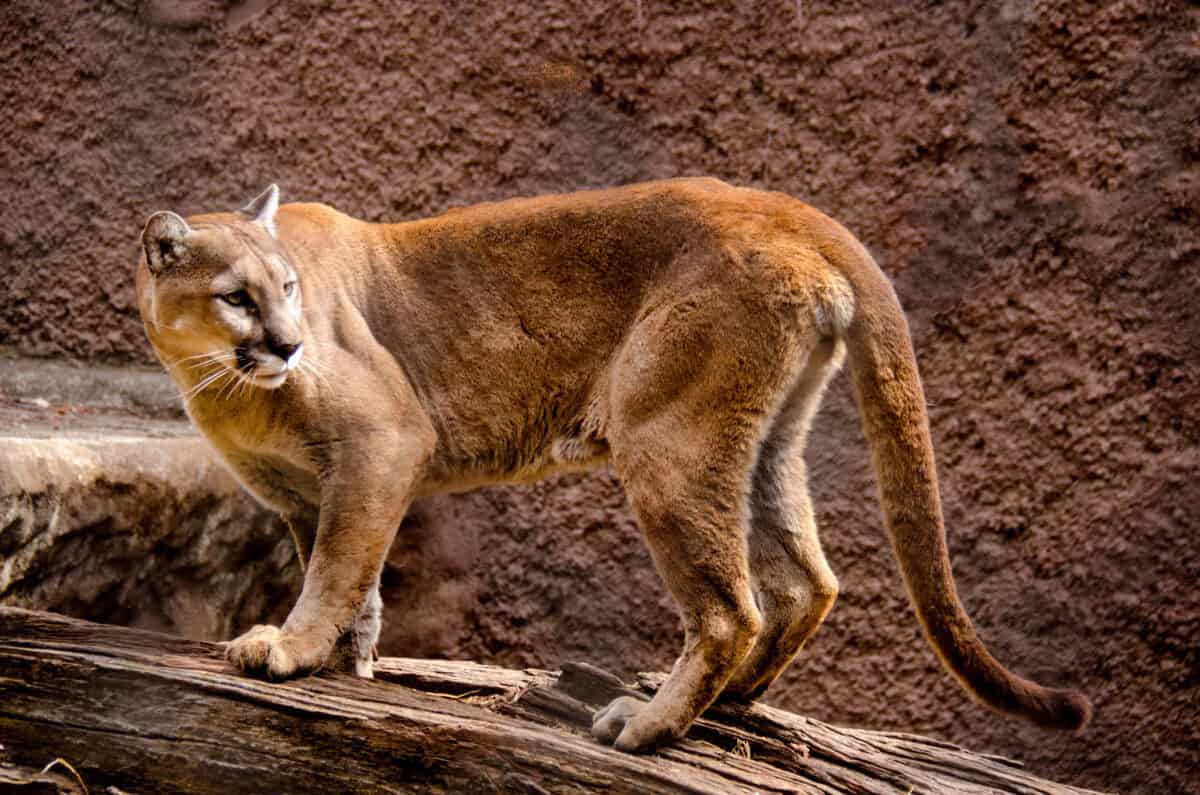
As apex predators, mountain lions primarily hunt deer, but their diet can include smaller animals such as rodents and rabbits. They are ambush predators, using their powerful hind legs to leap and take down prey with a swift bite to the neck.
Movements and Territoriality
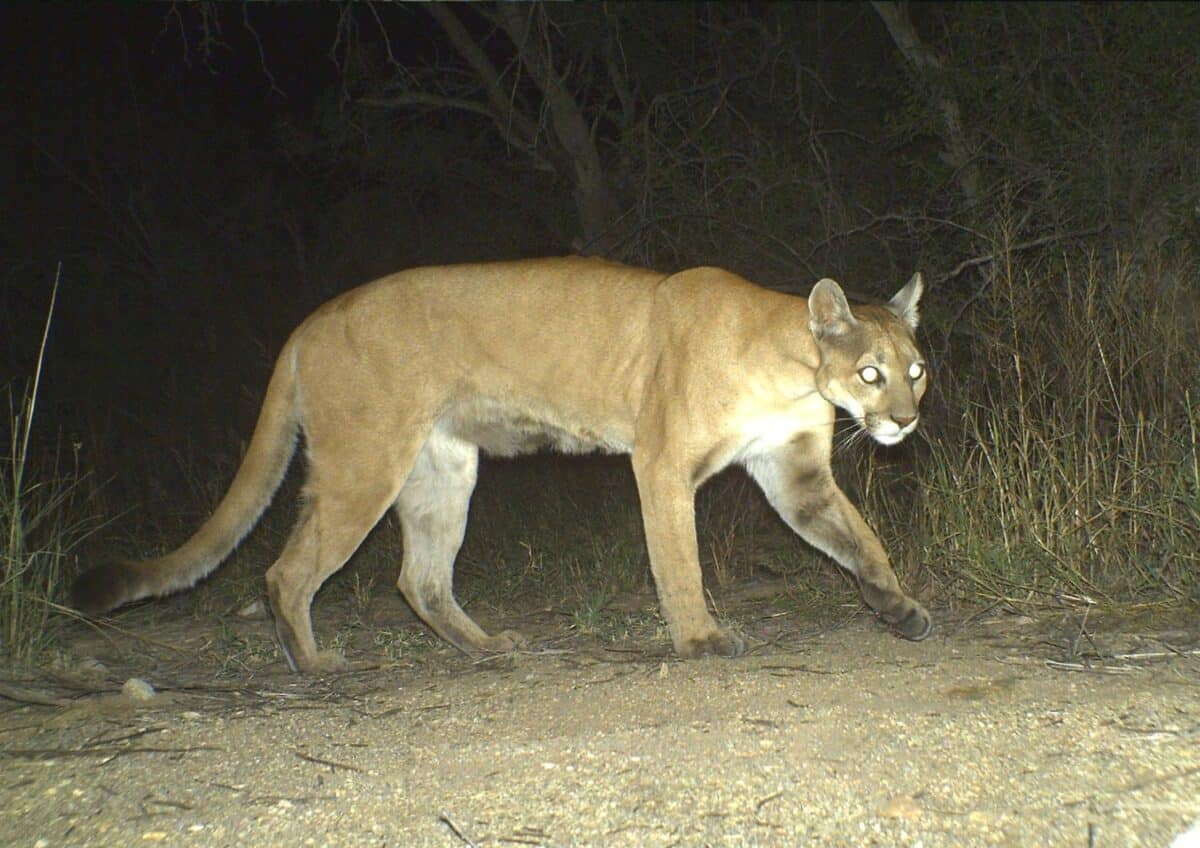
Mountain lions are known for their expansive territories, which can cover hundreds of square miles. These areas often overlap, but the cats typically avoid each other, marking territories with scent markings and scratches on trees to ward off rivals.
Communication Techniques

Though they are largely silent, mountain lions communicate through vocalizations such as growls, hisses, and purrs. During mating season, males and females emit loud screams to find each other, adding a dramatic element to their otherwise quiet existence.
Breeding and Raising Cubs
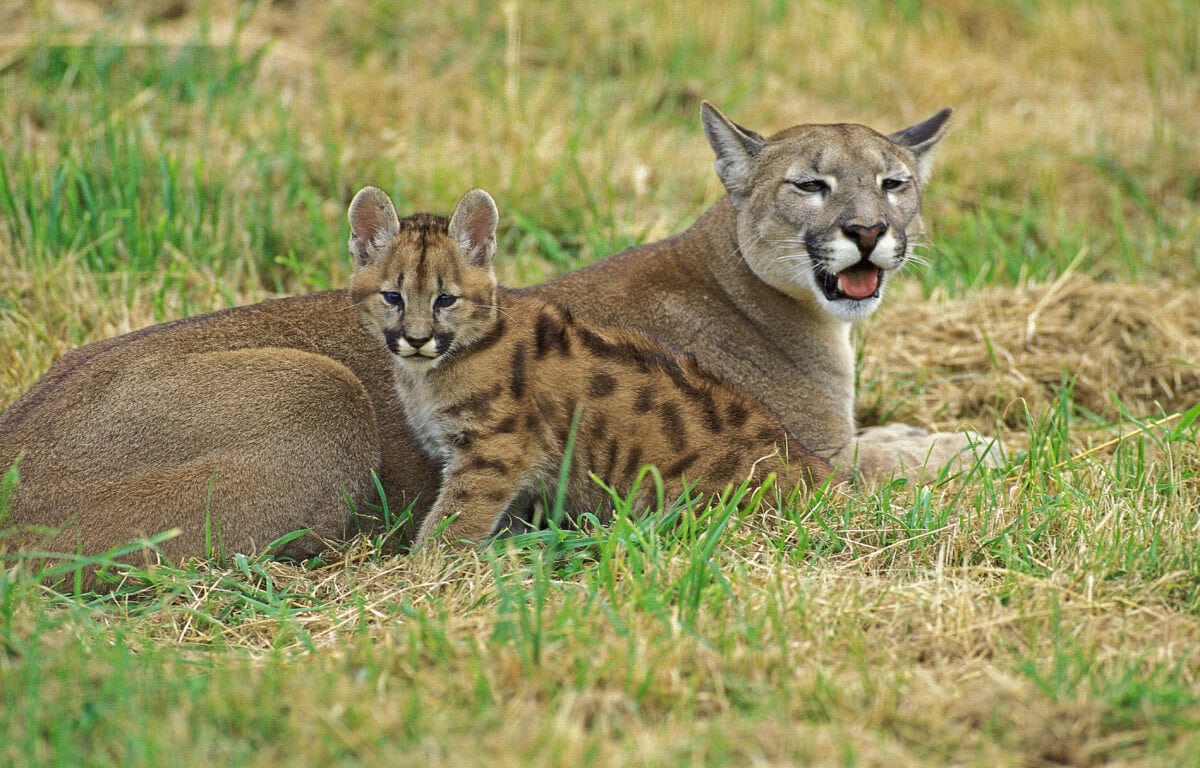
Females give birth to litters of two to four cubs, which are raised with fierce protection. Mothers teach their young necessary survival skills until they are about two years old, at which point the juvenile lions disperse to find their own territories.
Challenges in the Modern World
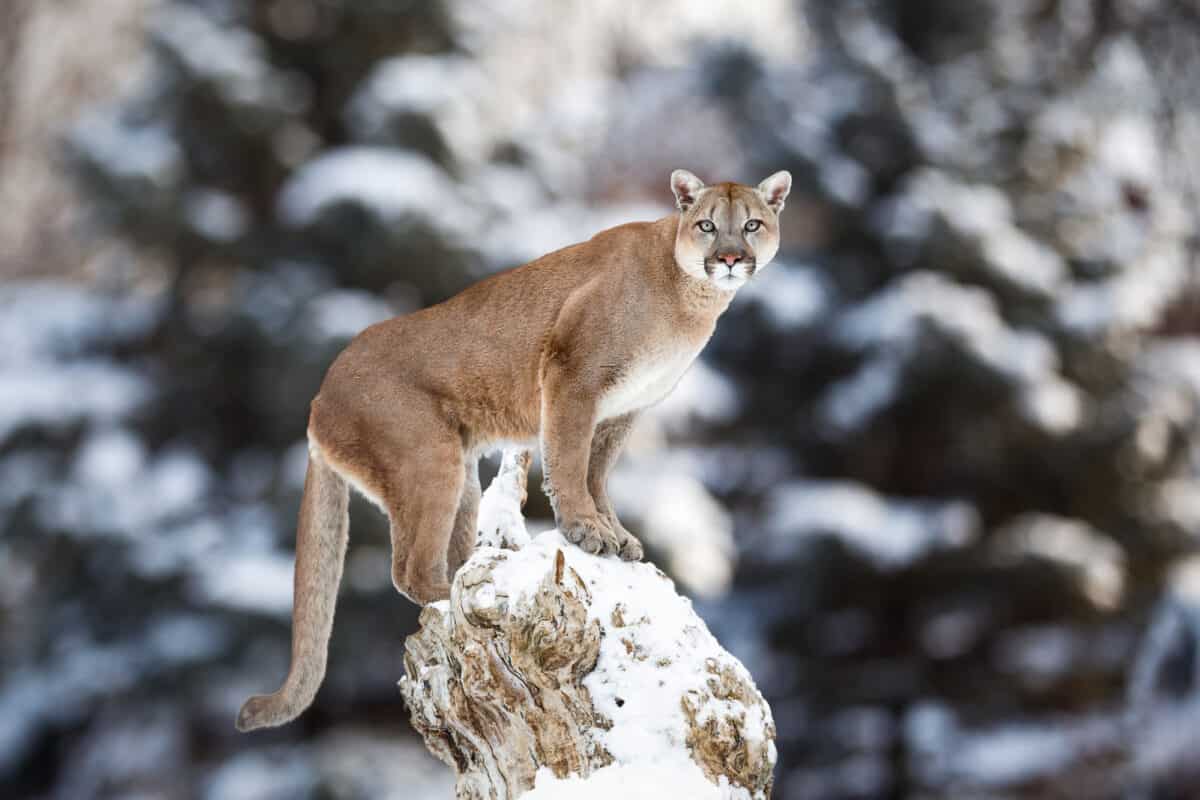
Mountain lions face numerous threats, primarily from habitat loss due to urban development, collisions with vehicles, and conflicts with humans and livestock. Conservation efforts are underway to protect these animals from becoming vulnerable or endangered.
Mountain Lions and Human Encounters

While they generally avoid humans, encounters do occur, especially as human development encroaches on lion territories. Education on safely coexisting with mountain lions is crucial in mitigating potential conflicts.
Conservation Efforts and Legislation
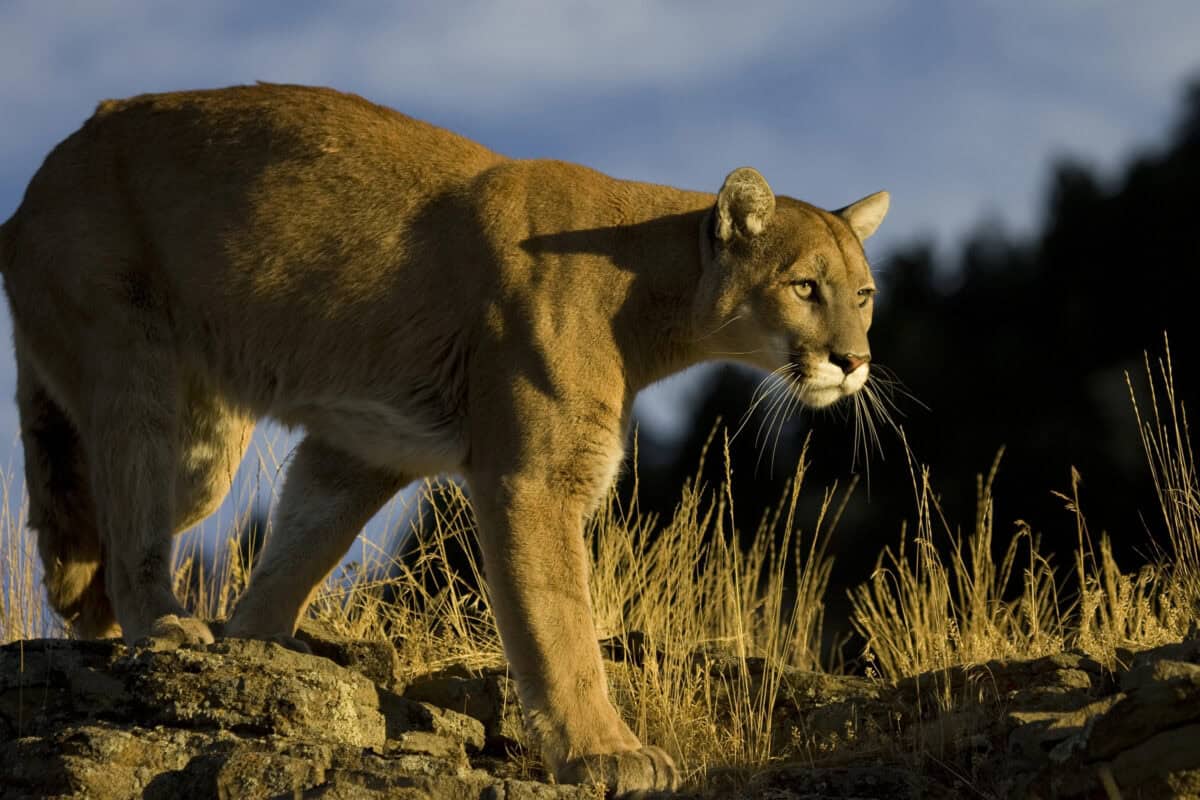
California has implemented strict laws to protect mountain lions, designating them as a specially protected species since the passage of Proposition 117 in 1990. Conservation groups continue to advocate for habitat preservation and safe wildlife corridors to ensure their survival.
Tracking and Studying Mountain Lions

Researchers employ GPS collars to track mountain lion movements, gaining valuable insights into their behaviors and territory use. This data helps in creating effective conservation strategies tailored to their needs.
Public Awareness and Education
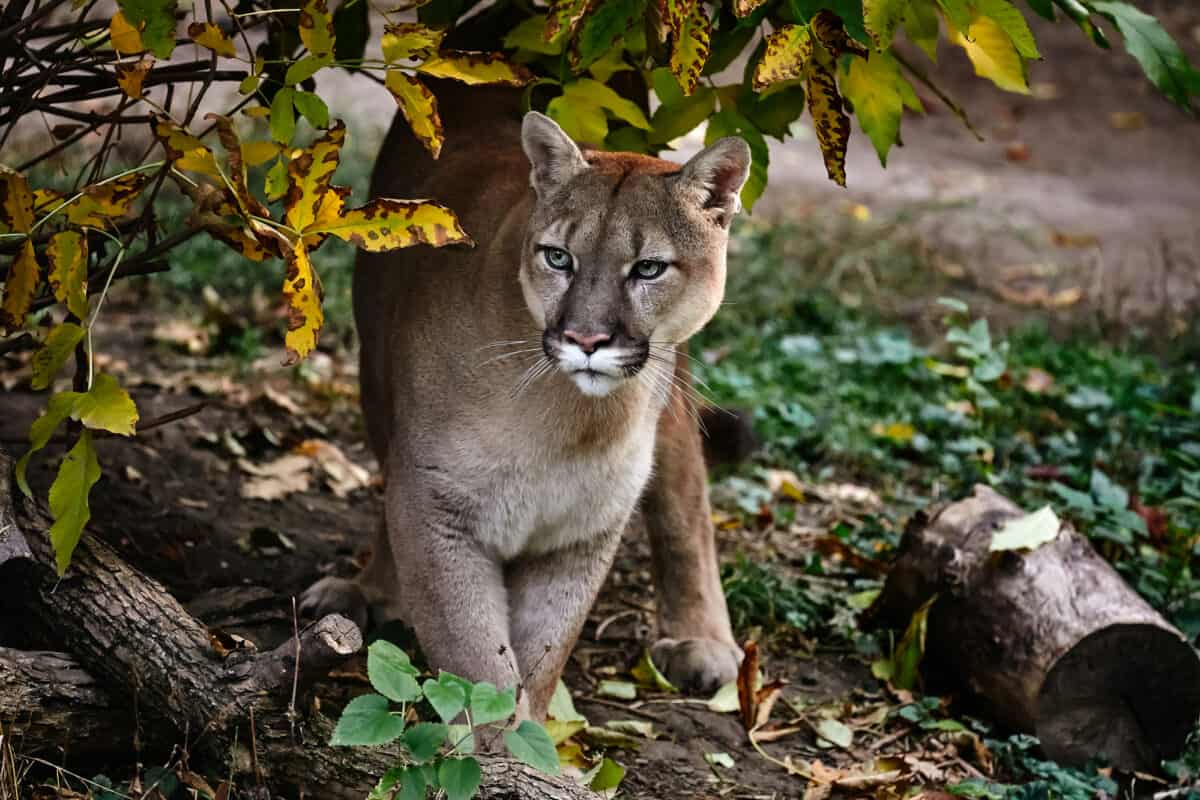
Educating the public about mountain lions’ ecological importance and how to coexist with them is vital. Programs aimed at increasing awareness can reduce fear and promote peaceful coexistence between humans and these magnificent animals.
The Future of Mountain Lions in California
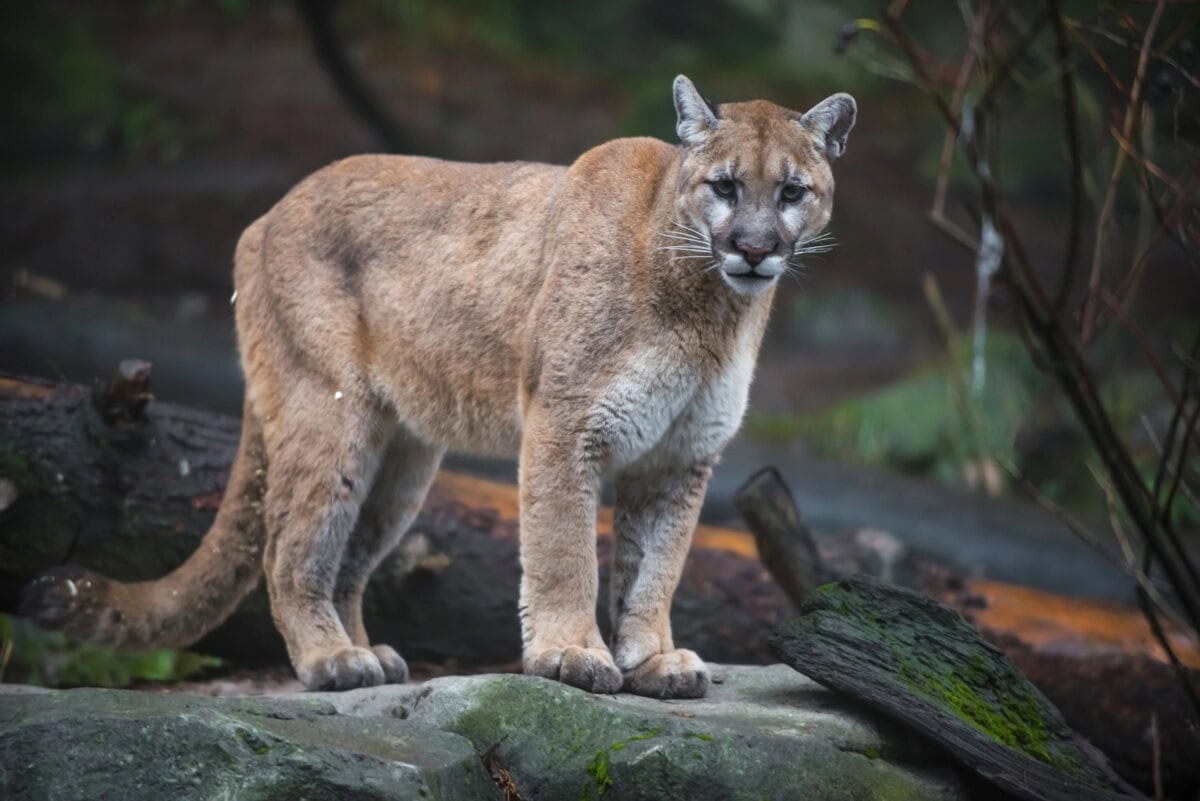
The future of mountain lions relies on continued conservation efforts and public support. Ensuring that these stunning creatures remain part of California’s wild legacy requires a collective effort in preserving their habitats and respecting their presence in the ecosystem.
In summary, the survival of California’s mountain lions hinges on a balance between conservation efforts and human coexistence. By understanding their behaviors, habitats, and the challenges they face, we can appreciate these elusive animals and contribute to their preservation, ensuring they continue to roam the wilderness for generations to come.
- The Most Elusive Mountain Lions Roaming the California Wilderness - August 9, 2025
- Bald Eagles Are Now Nesting in the Most Unexpected States - August 9, 2025
- The Wolves of Yellowstone: A Comeback Story - August 9, 2025

